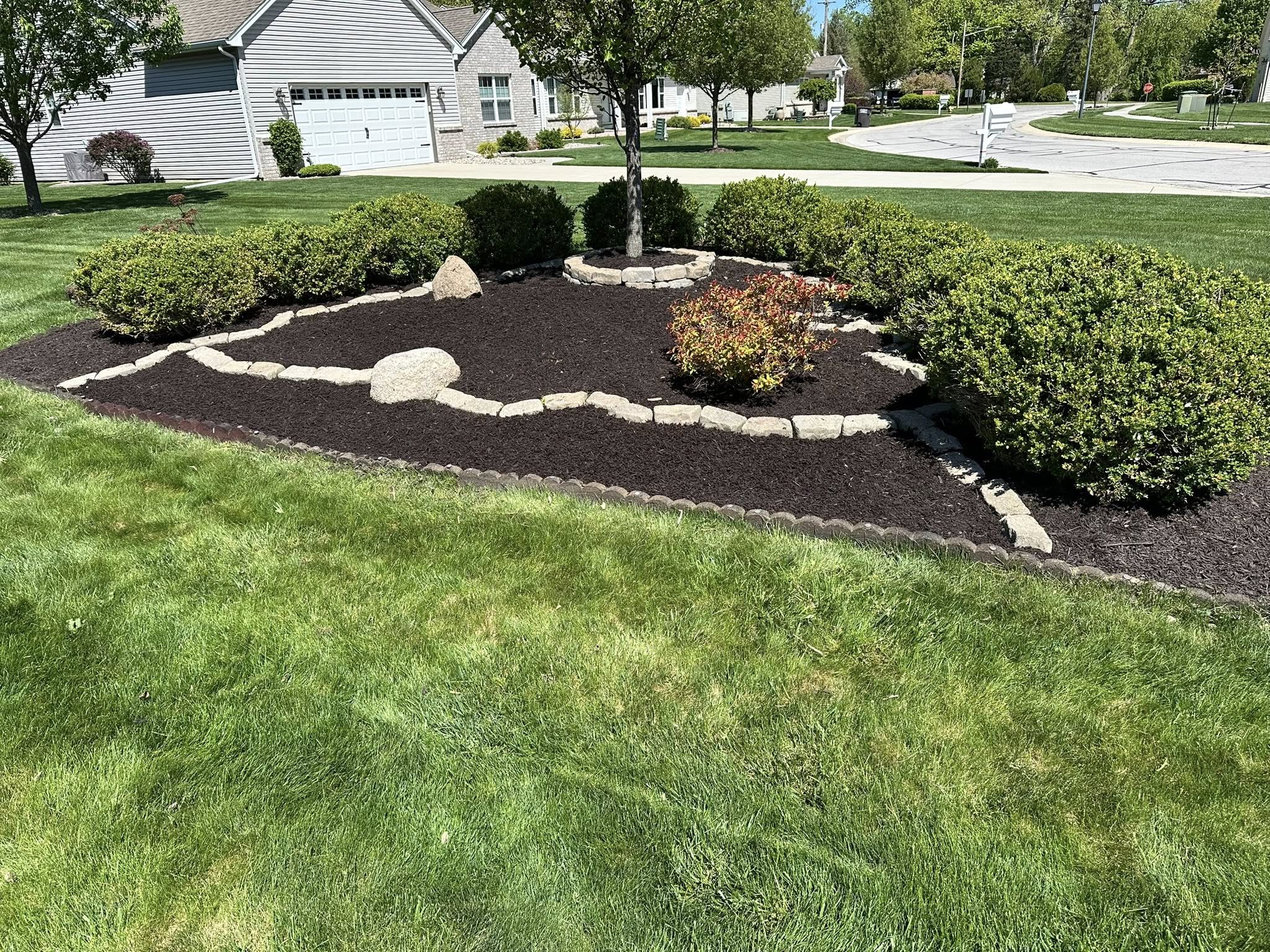
Sustainable Landscaping Practices for Eco-Friendly Outdoor Spaces Nov 15, 2025
The journey to sustainable landscaping begins with soil health. Healthy soil forms the foundation for any thriving outdoor space. By focusing on organic methods, like composting and mulching, you enhance soil fertility without relying on chemical fertilizers. Composting returns valuable nutrients to the soil and encourages beneficial microorganisms, leading to healthier plant growth. Similarly, mulching helps retain moisture, suppresses weeds, and regulates soil temperature, all of which contribute to a balanced ecosystem in your yard.
Water conservation is another critical aspect of sustainable landscaping. With the increasing concerns about water scarcity, using water efficiently is more important than ever. Implementing drip irrigation systems, which deliver water directly to the plant roots, reduces wastage and ensures that every drop counts. Furthermore, by selecting native plants that are naturally adapted to your local climate, you can create a beautiful landscape that requires less water and maintenance. These native species not only thrive with minimal irrigation but also support local wildlife, fostering a healthy biodiverse environment.
Hardscaping plays a significant role in sustainable landscaping as well. Designing outdoor spaces with eco-friendly materials can significantly reduce your carbon footprint. Permeable paving solutions, such as gravel or permeable concrete, allow rainwater to seep through and replenish groundwater, reducing surface runoff and minimizing erosion. Additionally, the use of durable, recycled, or locally sourced materials not only reduces environmental impact but also ensures the longevity and sustainability of your construction projects.
Integrated pest management is an effective strategy for managing garden pests in a sustainable way. This approach focuses on preventative measures and natural predators to keep pest populations in check, reducing the need for chemical pesticides. By providing habitats for beneficial insects, like ladybugs and bees, you encourage a natural balance in your landscape. Regular monitoring and manual control methods, such as handpicking pests, also play a significant role in maintaining a healthy garden ecosystem without harming beneficial organisms.
To further promote eco-friendly outdoor spaces, consider incorporating renewable energy solutions. Solar-powered lights and water features not only enhance the aesthetics of your garden but also contribute to energy savings and reduce your carbon footprint. These renewable resources ensure that your outdoor space not only looks good but also operates efficiently and sustainably.
By implementing these sustainable landscaping practices, Sargent's Lawn and Property Maintenance LLC ensures that your outdoor space remains lush and vibrant while supporting environmental sustainability. As we look to the future, it’s clear that responsible landscaping is more than just a personal choice—it's a commitment to a healthier planet. By making small, eco-friendly changes, you can enjoy a beautiful yard that aligns with your values and contributes positively to the world around you.
In conclusion, whether you're updating your existing garden or starting from scratch, sustainable landscaping is the key to creating resilient, charming outdoor spaces. With the expertise of Sargent's Lawn and Property Maintenance LLC, adopting these practices ensures that your landscape not only stands out in beauty but also in environmental stewardship. It's time to take the next step toward sustainability and watch your eco-friendly garden thrive.
/filters:no_upscale()/media/74c6e5db-99ec-4b83-9e03-6e80fe911f91.jpeg)